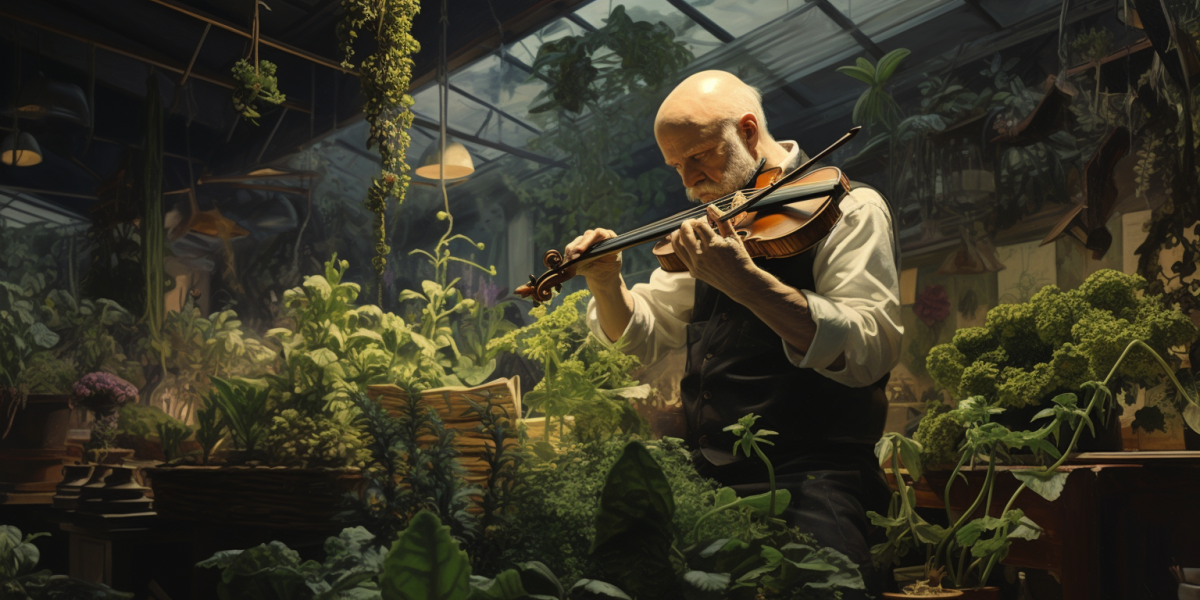
The idea that plants can respond to music has been a topic of fascination and research for decades. While it may sound like a concept straight out of a fantasy novel, numerous studies suggest that musical vibrations can indeed influence plant growth. This article delves into the science behind this phenomenon, exploring how different types of music affect plant growth and the potential implications for agricultural practices and indoor gardening.
The Science Behind Music and Plant Growth
1. Vibrational Influence: Plants don’t “hear” music the way humans do, but they can feel the vibrations created by sound waves. These vibrations can stimulate certain biological processes within the plants. Research has shown that sound frequencies, including those in music, can affect gene expression and cell movement in plants, potentially influencing their growth patterns.
2. Classical vs. Rock Music: Studies have often focused on the effects of classical music on plants, citing improved growth and faster blooming. Conversely, harsher music, like rock, has been associated with stunted growth and wilting in some studies. This suggests that the type of music and its associated vibrations play a role in how plants respond.
3. The Mozart Effect on Plants: Named after the famous “Mozart Effect” in humans, some studies have observed that plants exposed to Mozart’s compositions show enhanced growth. This has led to speculation that the complexity and frequency of classical music like Mozart’s might positively stimulate plant growth.
Implications for Agriculture and Gardening
1. Greenhouse Practices: Some commercial greenhouses have started to experiment with playing music to promote plant health and growth. This practice could potentially lead to healthier crops and higher yields.
2. Indoor Gardening: Houseplant enthusiasts might find that playing music for their plants not only benefits the plants but also creates a more harmonious and soothing environment for themselves.
3. Future Research: More scientific research is needed to fully understand the relationship between music and plant growth. This could open up new avenues for agricultural technology and practices that integrate sound therapy.
The notion that plants can grow better while listening to music is a fascinating blend of nature and art. While the idea warrants further scientific exploration, the existing evidence suggests a promising connection between musical vibrations and plant health. Whether it’s classical symphonies or smooth jazz, giving your plants a musical companion might just be the secret ingredient to their growth and vitality.










